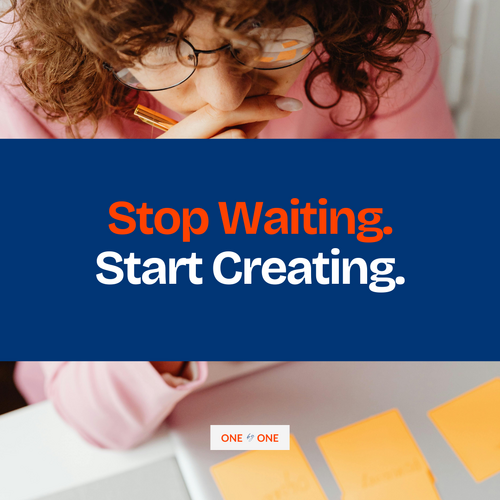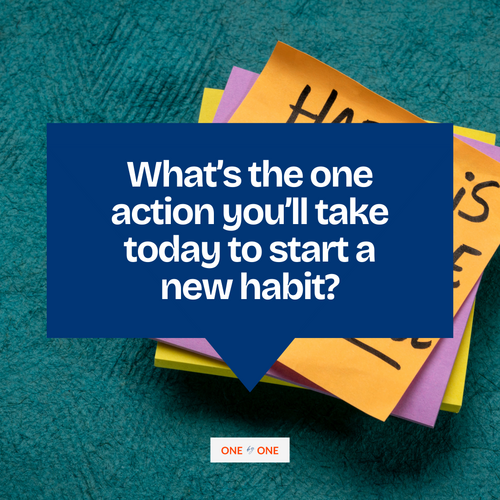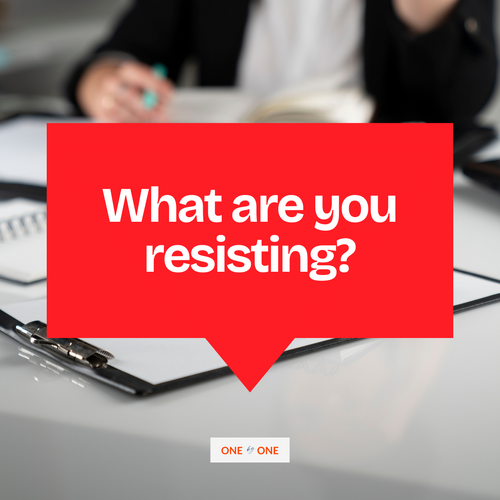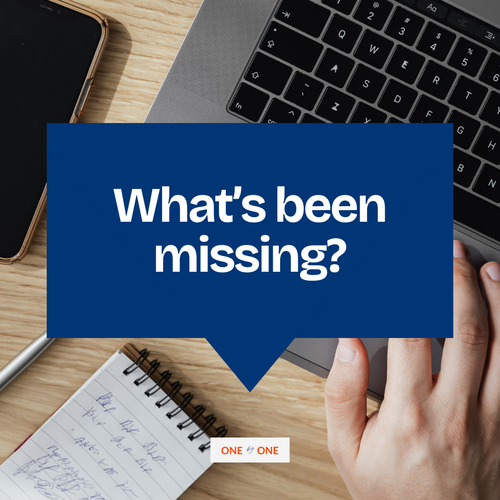Blog
Coaching
Selling Intangibles Starts Earlier Than You Think
This is the first in a series on Selling Intangibles. The specific intangibles I’ll be referring to are appointments (defined as a scheduled meeting—in the showroom, onsite, or using technology), accident protection, and financing.
Intangibles are different. They require an introduction to the concept before the request to take action.
As sales managers, we often say, “Bring it up early and often.” That’s accurate—but what do we really mean by that? Do we demonstrate and practice that process,…
Your 2026 Sales Plan, Simplified
This is the final installment in the goal-setting series, and it brings together a simple, math-based process designed to help you manage both your sales and your income throughout the year.
Nothing here is complicated—but it does require intention.
Let’s summarize what you’ve built.
1. Create a Written Sales Goal for the Year
You’ve already done the hard thinking. Now it’s about clarity and commitment.
- Create a written sales goal for the year
- Calculate it using your commission percentag…
Where Are You Waiting Instead of Creating?
This is the second installment in our December series on Being Proactive. In the first newsletter, we defined proactive as taking responsibility for one’s own life — and all the elements that come with it.
Now, let’s go a little deeper into what it looks like in practice.
We often hear being proactive used interchangeably with taking initiative, which is accurate — even if it’s not the full definition.
Consider the many ways initiative shows up:
- Creating instead of waiting
- Going after what …
What’s the One Action That Builds Momentum?
Being Coachable: What ONE Action Can You Take Today to Start a New Habit?
For Sales Leaders Everywhere
This is the final post in our series on being coachable. Over the past few weeks, we’ve explored what lies at the very center of it all—who you are, what your goal means to you, and what you’re willing to do to achieve it. Good work!
This closing reflection is for both coaches and students. At its heart, coaching is about keeping the process simple and attainable.
Start Simple
At the begin…
Feedback or Criticism? How You Hear It Matters
Being Coachable: What Have You Been Resisting?
For Sales Leaders Everywhere
This is the fourth post in our series on what it takes to be coachable. In the last post, we looked at how ready you are to be coached and explored questions to help you identify where to look. Let’s continue that work. As you consider being coached toward a new level of achievement, ask yourself:
- Does coaching have to look or sound a certain way for me to accept it?
- Do I only want encouragement, or can I also hand…
Be Series 9-16-25 Being Coachable: Open Yourself to Feedback for Sustained Improvement
This month in the Sales BE Series, I focused on the powerful theme of being coachable—a mindset that accelerates both personal and professional growth. With sales managers, business owners, and entrepreneurs gathered, we explored how openness to feedback creates space for learning, growth, and long-term success.
What Does It Mean to Be Coachable?
I began by asking a simple but important question: Do you have a coach right now? Whether in business, wellness, or even learning a new skill, having…
The Hidden Gap Between You and Your Goal
Being Coachable: What Has Been Missing or in the Way of Your Achievement?
This is the third installment in our series on what it takes to be coachable. In the last post, we explored your history and present circumstances as they relate to achieving your goals and working with a coach. Now, let’s take it further. Ask yourself:
- How straight have I been with myself—about how I operate, how I respond to new situations, unfamiliar actions, and input from others?
- If I’ve tried this before, what s…
Real Progress Begins With This Question
Being Coachable: What Have You Already Tried?
This month’s theme is being coachable, and this week we’re focusing on one essential question: What have you already tried?
Working with a coach is a process—one that helps you explore areas that can be hard to face alone, or easy to ignore in favor of something more urgent, or something that gives a quicker emotional reward.
A coach will guide you through the layers of your situation, uncovering insights and information along the way. That proces…
The #1 Trait That Accelerates Growth
Being Coachable: Open Yourself to Feedback for Sustained Improvement
Last month we explored being a student — cultivating awareness and curiosity. This month, we take it a step further. Being coachable builds on that same mindset, but adds the presence of a coach who helps reveal blind spots, sharpen your focus, and guide your progress.
Being coachable is like being a student, the difference being the direct involvement of a coach in the learning process. A coach will help you to identify thou…
From Goals to Results: The Power of Aligned Actions
ACTIONS are the only things that produce results. Period.
If your goals are the destination, then actions are the vehicle that will get you there. To drive success, your actions need to align with your strategy and your goals. Think of them as intentional steps that begin with a clear verb and guide your daily efforts.
Example: ASK the BADAS Questions with 90% of all opportunities.
Just like your goals and strategies, your actions should be specific, clear, and measurable. Here’s how to make …
Categories
- #FillTheWell (11)
- #JodySays (63)
- #SellItOrScheduleIt (80)
- Action plan (113)
- Build Habits (90)
- Coaching (108)
- Qualifying Questions (44)
- Sales Coaches (112)
- Sales Managers (141)
- selling (82)
- Uncategorized (39)
- Achieve (78)
- Interactions (54)
- Opportunities (102)
- Commitment (46)
- Excellence (23)
- Results (85)
- Retail (62)
- sales (98)
- showroom (36)
- #closeratio (26)
- Closing (52)
- managers (10)
- Sketch (6)
- Sketch the space (6)
- sketching (4)
- Small businesses (4)
- communication (35)
- solutions (57)
- Systems (28)
- challenges (31)
- Compromise (4)
- relationships (30)
- Goals (68)
- strategy (41)
- success (15)
- BADAS (7)
- acceptance (4)
- leaders (11)
- team (12)
- Discovery Questions (23)
- Prospects (7)
- Decision Maker (6)
- Organization (12)
- planning (18)
- profitability (2)
- Quality (2)
- Standards (3)
- connecting (18)
- practice (13)
- Objections (10)
- Clarity (8)
- Creating Urgency (7)
- email (3)
- E-Commerce (1)
- #babyboomers (1)
- #millennials (1)
- social media (1)
- marketing (27)
- Consistancy (8)
- consistency (11)
- Designers (3)
- gratitude (12)
- Holidays (7)
- Reflection (35)
- Pandemic (1)
- Change (7)
- Travel (1)
- Family (2)
- distraction (3)
- onething (2)
- Actions (22)
- Structure (4)
- Inspiration (3)
- Setbacks (1)
- Celebrate (3)
- Process (16)
- Resistance (8)
- Mindset (14)
- Furnishings (4)
- Problems (6)
- priorities (5)
- Customer Satisfaction (2)
- Consultative Selling (12)
- Appointments (15)
- leads (1)
- sales professionals (41)
- Conversation (12)
- Summarize (2)
- Connection (4)
- Buyer (2)
- Follow-up (3)
- development (2)
- Imposter Syndrome (1)
- imperfections (4)
- Procrastination (1)
- Intention (5)
- traffic (1)
- sales strategy (6)
- traffic (1)
- #Goals (2)
- Sales (12)
- beseries (7)
- sales team (5)
- closing (2)
- closing (1)
- gratitude (4)
- proactive (5)
- Sales Manager Series (1)
- protection (1)
- numbers (1)
- intangibles (5)









